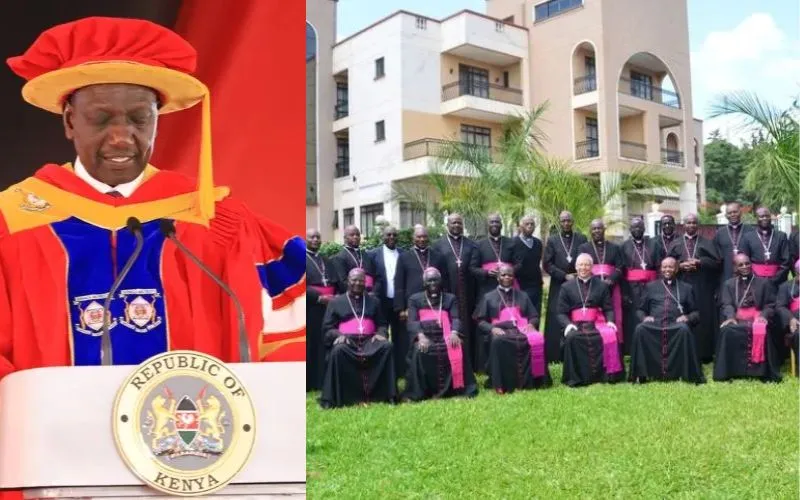Malawi's vast majority depend on agriculture for their livelihoods but "the impacts of climate change threaten the production of staple foods that families rely on and are putting lives at risk,” they say.
"The fact that agricultural production is largely rain fed with little irrigation farming and therefore more susceptible to the vagaries of the unreliable rains and extreme weather only serves to heighten this risk," Trócaire officials say.
They also note that climate change affects other sectors such as forestry and fisheries, which provide food and income to rural communities in the landlocked nation.
"The need to respond to the severe impacts of climate change is urgent as it is already having a detrimental impact on Malawi," officials of the development agency of the Catholic Bishops in Ireland reiterate, and add, "It is the rural Malawians who are being impacted the most though it is the actions of those on different continents that are most to blame for the devastating changes they are experiencing.”
They highlight the 2019 Cyclone Idai as an example of the effects of climate change on the people of God in the Southern African country and the region.
Cyclone Idai caused an estimated £220 million in damages and directly impacted over 975,000 people, killing 60, injuring 672, and leaving more than 86,000 without homes, according to officials of Trócaire in Malawi.
The Catholic charity officials who were on the ground days following the cyclone say, “Fields that had been full of crops nearly ready to be harvested were destroyed, livestock which used to roam within communities, and which were so vital to the survival of communities, were gone – carried away by flood waters.”
“Where there once were houses teeming with families, all that was left as rumble on the ground,” they further describe the effects of the cyclone.
They add that the cyclone, which the UN described as "one of the worst weather-related disasters ever to hit the southern hemisphere" wiped away many of the gains that had been achieved through years of locally led initiatives.
"Even against this some might ask, was there not more that these vulnerable communities could have done to reduce the impacts of the cyclone?" Trócaire officials pose in the August 24 report, adding that the people worked together to mitigate the effects of the disaster through community led actions before, during and after the disaster.








